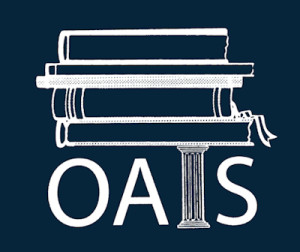Points to Consider in the 3rd Grade Guarantee Discussion
mind:
1. Using the average OAA scores of all voucher students and all public school students is flat-out misleading. Remember, other than the brand new income-based scholarship, EdChoice students only come from areas served by a failing public school. A better comparison would be between the test scores of the students at the private school they attend and the scores of the schools the voucher students would have attended had there been no voucher to use.
2. There is some debate over whether or not students on vouchers were an oversight when the 3rd Grade Guarantee was drafted but it is not even debatable that the legislation was written solely to consider the circumstances of public and charter schools and does not translate easily or well for nonpublic schools. If legislators are determined to require this guarantee to follow a state-sponsored scholarship, they will hopefully understand that the requirements put upon public schools do not work as well in smaller private school environments with varying curricular and pedagogical approaches.
3. The concept of “accountability” already exists and continues to exist in private schools, even without the extension of the Guarantee, so long as parents are informed of a private school student’s academic standing. Even without the Guarantee, the scholarship students will still take the OAAs and those results will be publicly available by grade. It’s standard practice in every nonpublic school to communicate test results to parents. If parents feel that the school is not holding up its end of the bargain, it will hold the school accountable by sending the student to a different school. There is no obligation for parents to send their child to a private school that is failing in its educational mission.
Although students taking part in state scholarship programs make up a small number of the overall enrollment at OAIS schools, this is still an important issue for those parents and student who do take part. Furthermore, Ohio has a history of regulatory creep from the public school sector to the nonpublic school sector and OAIS schools fervently believe in the independence of each member school. I know I can speak for our heads of school when I say we look forward to the important public policy debate and its overall impact on private school education in Ohio.
